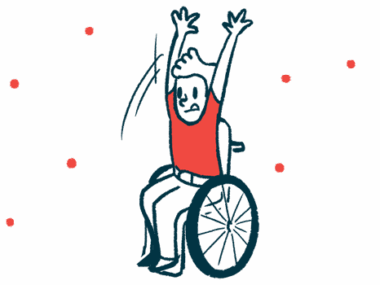Parents to SMA Children Ask Doctors to ‘Treat Us as Experts, Too’ in Swedish Study
Written by |

Parents of children with spinal muscular atrophy (SMA) advise healthcare professionals to be more mindful of professional-family relations, improve and be willing to share their knowledge about SMA, and to treat parents as experts in the care of their own child, a questionnaire study conducted in Sweden reports.
The study, “Parents’ advice to healthcare professionals working with children who have spinal muscular atrophy,” was published in the European Journal of Pediatric Neurology.
While promising new treatments are being developed for children with SMA, the disease has no cure. Treatment is focused on preventing complications and maintaining quality of life. This includes managing respiratory failure, nutritional support, orthopedic care, rehabilitative interventions, and palliative care.
A few studies have examined palliative care of children with neurological diseases, but seldom include parents’ wishes regarding their children’s care. The Swedish researchers set out to explore parents’ advice to healthcare professionals (HCPs) working with children with SMA.
Researchers conducted a Swedish nationwide survey that focused on parents’ experiences of the care given a child with either SMA type 1 or type 2. A total of 61 parents participated in the survey, and 51 provided written answers to questions concerning their relationship with their HCPs.
Results showed that parents were most concerned with professional-family relationships. In particular, parents highlighted the importance of an HCP being responsive and listening to the family’s concerns, as well as showing affection and being caring.
Second in chief concerns of parents and advice they would give to an HCP related to conveying knowledge of their child’s care. Parents wanted their doctor to be well-informed about SMA and its treatment options, and to have appropriate skills to ably treat their child. They also wanted better conversations with their HCPs regarding treatment and treatment options, or to be kept better informed, and they wanted their HCP to be honest about the diagnosis and prognosis of their children.
Other advice from these parents to HCPs included providing getting support to both the family and the child, such as assistance with daily activities and anticipating the child’s needs. Continuity of care during major holidays, like Christmas, was also highlighted as important.
Parents stressed about their desire to be involved in the child’s care. They perceived themselves as “experts on their own child” and expressed the wish that HCPs request their advice regarding medical decisions about their child.
“Parents advised healthcare professionals to increase their disease-specific knowledge, to treat the parents as experts … and to treat the family with respect,” the authors wrote, concluding that, “possibly as a consequence of lack of HCPs competence in SMA, parents in our study described themselves as experts of their child’s medical condition, and wanted HCPs to listen to them better.”



